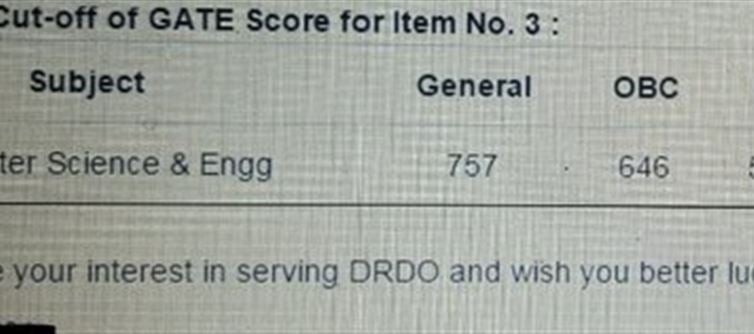
Defense research and development is not just another employment sector—it directly impacts national security, technological advancement, and India’s ability to compete with global powers. When lower cut-offs are applied in areas involving missile systems, radar technology, and fighter aircraft development, it sparks questions about whether the system prioritizes social equity at the cost of technical excellence.
Supporters of reservations emphasize the importance of social justice, pointing out that historical disadvantages still hinder equal access to education and opportunities. However, in organizations like DRDO, where the stakes are directly tied to national defense, critics argue that the balance between equity and efficiency must tilt more towards technical competence.
The concern is not about questioning the capability of reserved category candidates, but about whether entry barriers should be relaxed in such sensitive domains. Defense research demands the highest standards, given that even a small error can have strategic consequences. This makes the call for a purely merit-based selection process stronger in this sector compared to others.
For india to position itself as a global leader in defense technology, its R&D organizations must focus primarily on attracting and nurturing the most capable talent, regardless of social background. Alternative models of inclusion—such as targeted scholarships, preparatory training, or support systems before recruitment—can help bridge social gaps without compromising entry standards.
By separating social justice mechanisms from core defense institutions, india could both uphold equity and ensure uncompromised excellence in national security. Unless reforms are introduced, the tension between reservations and merit will continue to cloud the country’s ambitions of becoming a superpower in defense innovation.




 click and follow Indiaherald WhatsApp channel
click and follow Indiaherald WhatsApp channel